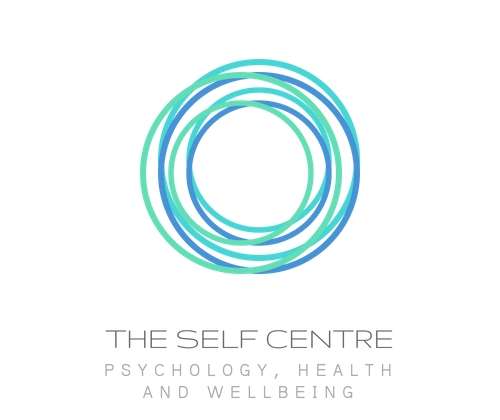
Leaning into Care
by Lyndsay Babcock
Principal Psychologist and Practice Director
Leaning into Care: The Vulnerability and Growth in Accepting Support
Being cared for, accompanied, and supported by another individual can sometimes feel like an intimate dance; one where the steps are unfamiliar and vulnerability becomes a shared emotion. For many, the act of accepting help or leaning into someone else’s care can feel out of place or even uncomfortable. But why is this so?
At the root of this feeling often lies our cultural and personal beliefs about independence, strength, and self-reliance. Many societies celebrate individualism and the image of the ‘lone wolf’ who carves their own path, relying on no one but themselves. From childhood, we might be fed tales of heroes who overcame all odds without assistance, and we may internalise the belief that needing others is a sign of weakness or incapability.
Moreover, personal experiences can shape our receptivity to being cared for. Someone who has faced betrayal or abandonment may erect walls against potential harm, equating vulnerability with potential pain. These defences, while once protective, can ironically become cages, limiting our ability to connect deeply with others and ourselves.
Accepting care and support can feel like opening a door that has long been shut, and the rush of emotions can be both overwhelming and disconcerting. The initial sensation of vulnerability, the fear of becoming a ‘burden,’ and the discomfort of being seen in a state of need are all valid feelings. However, beneath these layers of discomfort lies a profound opportunity for growth.
1. Fostering Deeper Connections
When we allow someone to care for us, we’re not just accepting their help; we’re letting them see our true selves – imperfections, insecurities, and all. This genuine connection fosters intimacy and deepens relationships. In this space of raw openness, we can experience the beauty of being truly known and loved by another, cultivating bonds that are built on trust and mutual respect.
2. Expanding Emotional Resilience
Leaning into vulnerability broadens our emotional spectrum. By experiencing the breadth of our feelings – from discomfort and insecurity to gratitude and love – we build emotional resilience. Over time, we learn that it’s okay to feel vulnerable and that these feelings don’t define our worth or capabilities.
3. Learning the Value of Interdependence
While independence is crucial, there is immense value in interdependence, the understanding that we all rely on one another in various ways. By accepting care, we recognise that needing others isn’t a weakness but a fundamental part of the human experience. This acknowledgment can lead to greater empathy and compassion for others, realising that everyone has moments of vulnerability.
4. Enhancing Personal Growth
When we’re supported, we often find the strength to tackle challenges we might have avoided when feeling alone. With encouragement and care from others, we can push boundaries, try new things, and step outside our comfort zones. The growth that arises from these experiences is exponential.
5. Self-compassion and Self-awareness
Allowing ourselves to be cared for can pave the way for greater self-compassion. As we feel the warmth of another’s care, we learn to extend the same kindness to ourselves. This self-awareness and kindness can heal deep-seated wounds and change narratives that once held us back.
In conclusion, while leaning into being cared for can indeed be a journey fraught with vulnerability and awkwardness, it’s a journey worth embarking upon. Embracing support doesn’t diminish our strength; instead, it amplifies it. In the delicate balance between vulnerability and growth, we discover our true selves, learn the value of connection, and unearth the profound strength that lies in accepting love and support.
